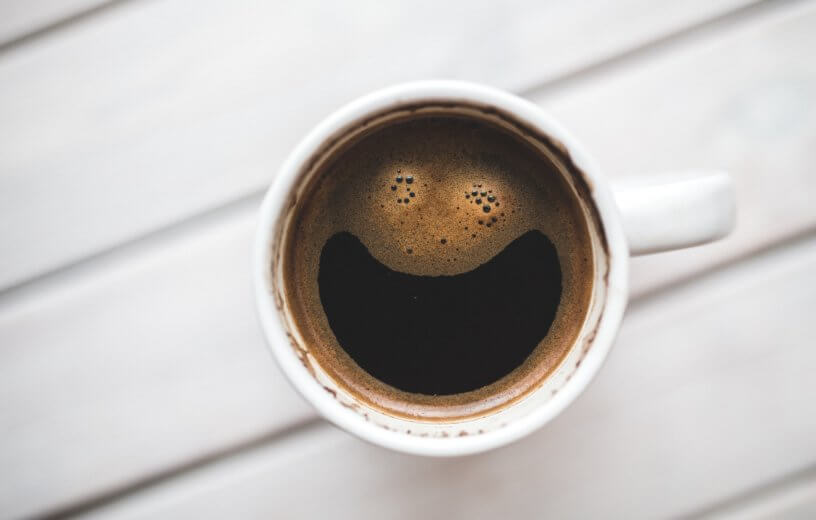
BALTIMORE — A cup of joe each day can help keep the nephrologist away, according to researchers from Johns Hopkins University. Scientists report drinking just one cup of coffee daily may reduce your risk of acute kidney injury (AKI) in comparison to non-coffee drinkers.
More specifically, this new research found that people who drank any amount of coffee on a daily basis were 15 percent less likely to suffer an AKI. Notably, a bit more coffee does seem to offer more benefits. Study authors saw the largest risk reductions among those habitually drinking two to three cups each day (22–23% lower risk).
“We already know that drinking coffee on a regular basis has been associated with the prevention of chronic and degenerative diseases including type 2 diabetes, cardiovascular disease and liver disease,” says study corresponding author Chirag Parikh, M.D., Ph.D., director of the Division of Nephrology and professor of medicine at the Johns Hopkins Medicine, in a university release. “We can now add a possible reduction in AKI risk to the growing list of health benefits for caffeine.”
What is an acute kidney injury?
According to the National Kidney Foundation, AKI is a “sudden episode of kidney failure or kidney damage that happens within a few hours or a few days.” When this occurs, waste products build up in the blood, consequently making it much harder for the kidneys to correct fluid balances in the body.
AKI symptoms tend to fluctuate depending on the underlying cause of the condition, but they generally include less urine leaving the body, swelling in the legs, ankles, and around the eyes, shortness of breath, nausea, confusion, and chest pain. In severe cases, seizures and comas can occur. AKI typically happens to patients whose kidneys are weaker due to medical and surgical stress or complications.
Thanks to data originally collected for the Atherosclerosis Risk in Communities Study, an ongoing survey of cardiovascular disease across four U.S. communities, researchers were able to assess 14,207 adults (average age of 54) originally recruited between 1987 and 1989. Researchers surveyed each person on their daily coffee consumption on seven occasions over the course of 24 years. Participants could select one of four answers: zero, one, two to three, or more than three eight-ounce cups of coffee. Meanwhile, during the survey period, researchers recorded a total of 1,694 AKIs.
What makes coffee so good for the kidney?
When researchers accounted for various demographic characteristics, as well as socioeconomic status, any lifestyle influences, and relevant dietary factors, they concluded coffee drinkers had a 15-percent lower risk of AKI. Even when the team adjusted for additional co-morbidities (blood pressure, BMI, diabetes status, use of antihypertensive medications, kidney function) coffee drinkers still had an 11-percent lower risk of developing AKI.
“We suspect that the reason for coffee’s impact on AKI risk may be that either biologically active compounds combined with caffeine or just the caffeine itself improves perfusion and oxygen utilization within the kidneys,” Dr. Parikh explains. “Good kidney function and tolerance to AKI — is dependent on a steady blood supply and oxygen.”
As far as why or how coffee protects the kidneys, study authors say more research is necessary to answer those questions. Moreover, the team also wants to look at the potential impact of various coffee additives (sugar, half-and-half, and creamer) as well as the influence of individual consumption habits of other caffeinated beverages.
“Caffeine has been postulated to inhibit the production of molecules that cause chemical imbalances and the use of too much oxygen in the kidneys,” Parikh explains. “Perhaps caffeine helps the kidneys maintain a more stable system.”
The findings appear in Kidney International Reports.
You might also be interested in:
- Best Coffee
- Best Coffee Makers
- Best Drip Coffee Maker
- Best Instant Coffee
- Best Nespresso Machines
- Best Starbucks Drinks
- Best Espresso Machines

